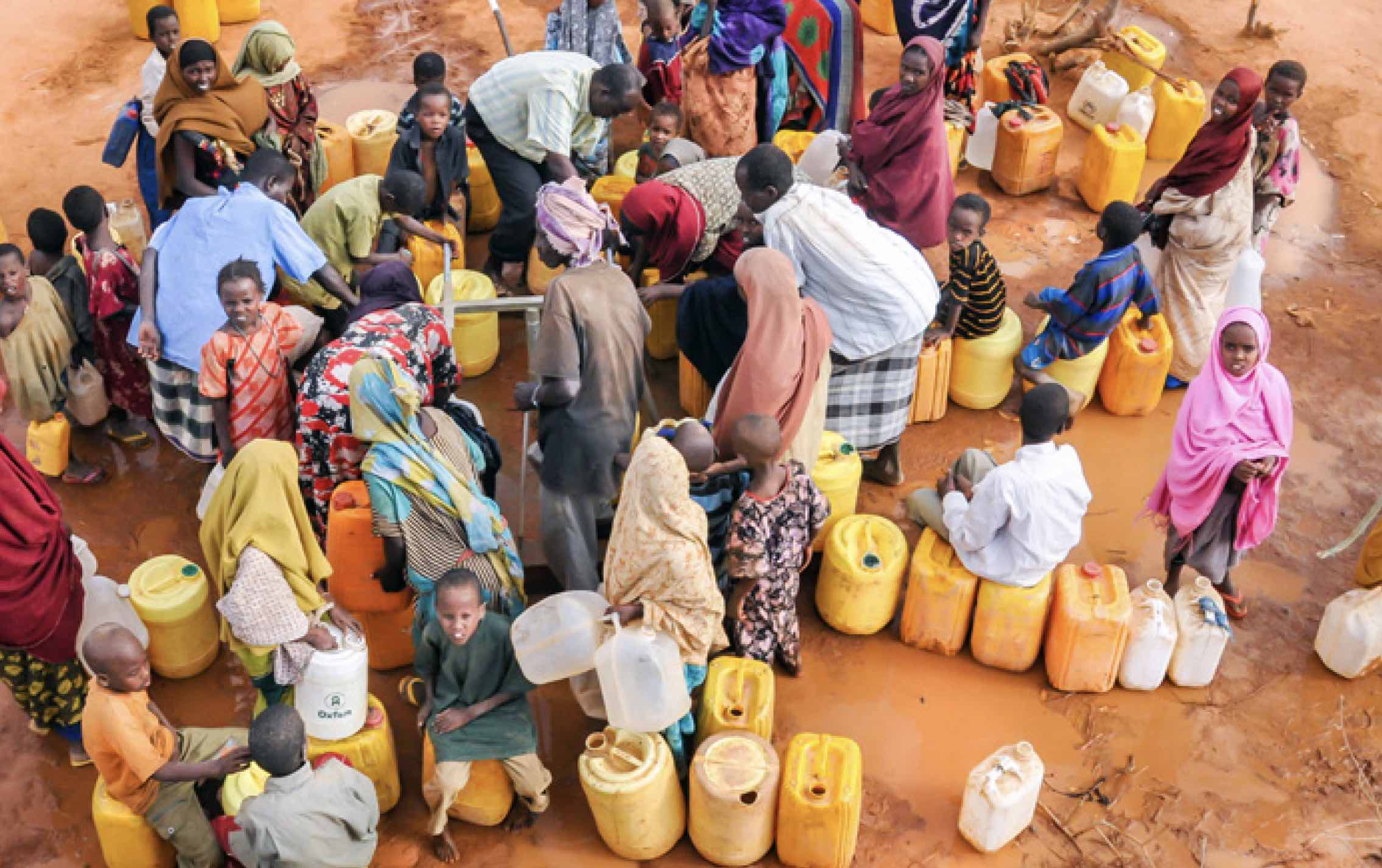In February 2022, news of Russia’s invasion of Ukraine dominated headlines around the world. Policymakers everywhere worried about the potential ripple effects of the invasion on the economic recovery from COVID-19, as well as on political stability — and food and nutrition security. These worries proved to be well-founded: International food prices spiked by nearly a third and fertilizer prices tripled.
The conflict erupted at a time of already high uncertainty for food systems. Well before missiles were aimed at Kyiv, many countries, particularly in Africa and the Middle East, were already contending with food crises and high prices. Farmers in South America and Malaysia were struggling with poor harvests, COVID-19 was scrambling supply chain logistics, and consumers, especially in China, were emerging from lockdowns and driving up demand. Gender equality also faced a global decline.
Poverty on the rise
The war aggravated these problems and pushed more people into poverty around the world: According to simulations conducted by researchers at IFPRI, recent global price shocks may have caused national poverty headcount rates to rise by as much as 7.7 percentage points and undernourishment by up to 4.4 percentage points.
…
This post was first published on Devex.com—read the whole thing here. It is based on Chapter 1 of the 2023 Global Food Policy Report—The Road to Resilience: Rethinking Crisis Responses.
Katrina Kosec is a Senior Research Fellow with IFPRI’s Development Strategy and Governance Division; Johan Swinnen is Managing Director, Systems Transformation, CGIAR, and Director General, IFPRI.







